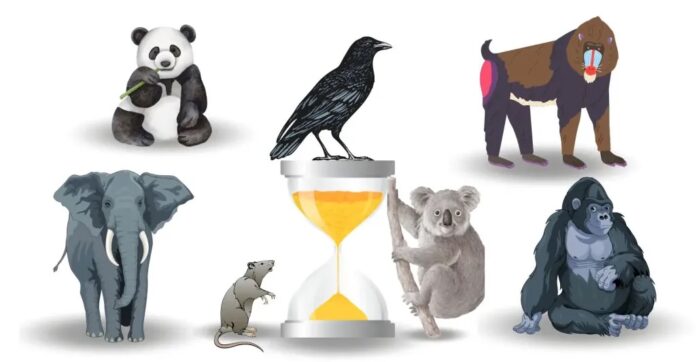By Sophia Byl
Whether this is your first time or third experiencing midterm exams, and however little or many tests you may have, no student gleans much enjoyment from the historically stressful week. Unless you somehow have no exams (and are the target of many envious feelings), you’ve likely been spending long hours on practice problems and Quizlet flashcards, both intellectually and emotionally preparing yourself for what’s to come. And, like many of us, you probably find yourself getting incredibly distracted by the likes of Youtube, Tiktok, or pretty much anything but your schoolwork. It’s alright to take breaks when you need to, but engaging in procrastination when you’re supposed to be studying is less fantastic.
Procrastination is universal among mentally exhausted high schoolers, but surprisingly, the bad habit extends beyond the species barrier. Animals have been observed displaying traits of the common high school student–pigeons may succumb to procrastination, therapy animals suffer from burnout, and chimpanzees actually display superior delayed gratification skills compared to adult humans. Could these animals perform better than you on your math midterm? Possibly–let’s take a look into some studies that pitted animals against humans in a battle of study skill superiority.
Procrastination
In humans, procrastination takes the form of putting off an important task, like homework or chores, in favor of something that brings short-term reward, like eating a snack or surfing the internet. Of course, animals don’t exactly use the internet as their primary source of entertainment, but they do appreciate a good snack. The pigeon procrastination experiment has been conducted by both the University of Connecticut and the University of Kentucky. In both instances, the pigeon had to peck a button to get food. The longer they delayed in completing the task, the more times they had to peck the button before they were presented with their reward. Despite this, the majority of the birds held off on performing the task, even though doing so resulted in them doing more work.
This is comparable to the thought process one might have when putting off an important project of their own–“I know this will cost me more effort if I save it for later, but I just really don’t want to do it now.” Why do we do this when we know it’s an illogical choice? For the pigeon experiment, the researchers pointed out that pecking later resulted in there being less time between work and reward, so the pigeons who put off the work associated it more strongly with the reward.
How does this translate for humans? Does your break time feel more rewarding when your study time involves a lot of procrastination? The reasoning behind your answer may depend on how good you are at delaying gratification .
Delayed Gratification
Delayed gratification–the “pay before you play concept”–was famously demonstrated in the Stanford marshmallow experiment. In this 1972 study, scientists placed a marshmallow before children, telling them that they could eat it now, or wait 15 minutes to instead receive two marshmallows. As expected, most of the kids had trouble resisting the marshmallow, and ate it before the 15 minutes was over. Their impulsivity meant that they hadn’t yet developed the skill of delaying gratification.
Surprisingly, adult humans don’t have the best self-control skills either. A collaborative study between the Max Planck Institute for Evolutionary Anthropology in Germany and Harvard University found that chimpanzees were able to better delay gratification than humans when waiting for a reward. The researchers’ reasoning behind this was an evolutionary one–patience may be a foraging and hunting skill present in the chimpanzees, but the adaptation is less necessary in humans, leading to more impulsive choices and actions.
Fortunately, as we age, our self-control (hopefully) improves. Going back to the question of if procrastination feels rewarding, likely your morals steered you towards saying no. Since procrastination releases dopamine, the pleasure hormone, it feels good in the moment, but your logical mind knows the habit is damaging in the long term. If you end up procrastinating a lot during your work time, your inability to delay gratification will ultimately have a negative effect on your well-being.
To combat this, try and stay in touch with that logical part of your mind. Writing down any goals you may have for the day or the week will help you keep them in sight. Remind yourself of the cost of procrastination–30 minutes of relaxation could cost you in the end. The fight against procrastination is a universal struggle, so keep yourself grounded and put a healthy amount of pressure on yourself. And if you need some motivation, remember that you may someday be just as productive as the humble pigeon.

